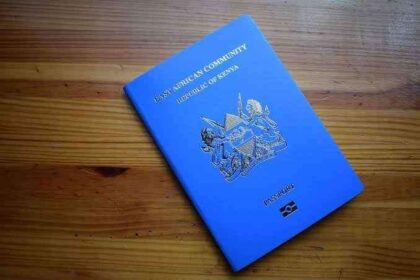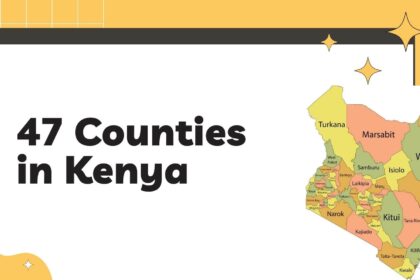In today’s article, we will look at property laws in Kenya. We will tend to focus on the new amendments implemented with the new constitution in 2010.
Every person in Kenya has the right to own property either in an association with others or individually. Therefore, property laws in Kenya seek to reinforce and back this Act.
The New Land Acts
In May 2012, by Kenya’s constitution, three Acts of parliament came to play as property laws in Kenya. These Acts of parliament are as follows:
- The land Act 2012
- The Land Registration Act, 2012
- National Land Commission Act, 2012
Under these new laws, land can be classified into three main categories
- Public Land – This is land occupied by a state organ, land which has been transferred to the state, and even land whose no heir can be appointed, such as lakes, rivers, minerals, national parks e.t.c
- Private land – is registered land held by a person under freehold tenure (citizens) or even leasehold tenure (non-citizen). It may also be any public land that has been declared to be private.
- Community Land – This is land that is registered in the name of a group of representatives or land transferred to a particular community by an Act of parliament.
In addition to reclassifying land, various other amendments were introduced by this new property law in Kenya. Let’s have a look at the major highlights below.
Highlights of Changes brought by the New Land Act
- All the earlier statues that governed land were repealed and replaced with the three new Acts mentioned above. These earlier statutes include
- The Government Land Act
- The Land Acquisition Act
- The Indian Transfer of Property Act
- The Registration of Titles Act
- The Wayleaves Act
- The Land Titles Act
- The Registered Land Act
- For one to dispose of a piece of land, spousal consent is required. Section 93 outlines that the buyer is obligated to inquire from the seller whether their spouse is aware of this transaction. This also applies to leases.
- None citizens can only hold land under a leasehold tenure of 99 years.
- If a spouse contributes by any means such as labor, improvement of land, or any other means, then they have gained interest in the piece of land.
- Land and environment court to be established.
- Tenants are now protected from unlawful eviction. If a tenant is evicted contrary to the terms of a lease, he or she will be relieved of the obligation to pay rent.
- The format of documents has changed.
- A purchaser in possession of a piece of land before completing payments cannot be forcefully evicted from that piece of land. The eviction can either take place peacefully or by a court order.
- There are only two charges that can be created on a piece of land. Informal charges are done by either a charger depositing documents or a written undertaking with a witness. Formal Charge – takes place upon registration.
- The court now has the power to reopen a charge.













